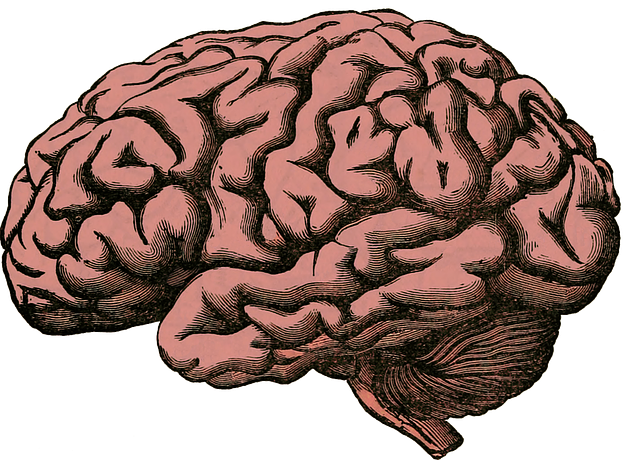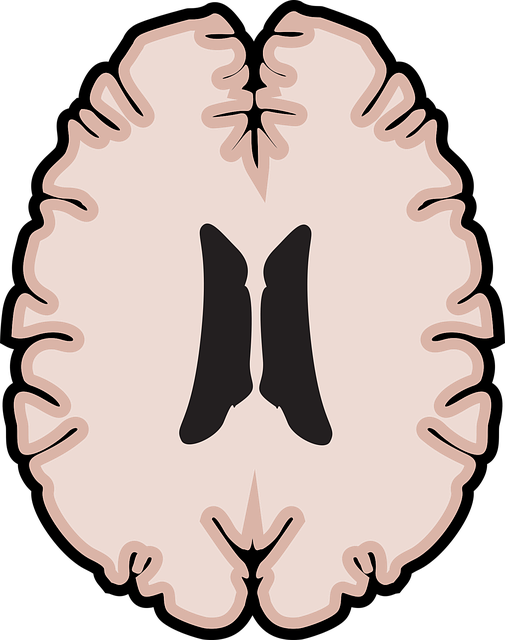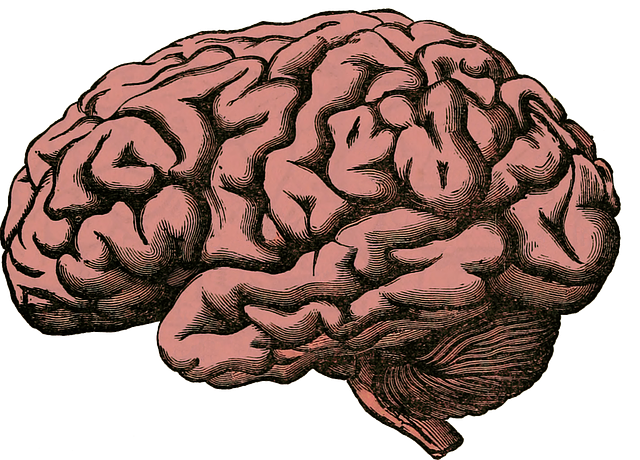Understanding mental health policies is vital for advocacy. By analyzing existing legislation, advocates can identify gaps and propose improvements, focusing on access to services like Parker Mental Health Evaluations and therapy. These evaluations, integrating psychology, sociology, and anthropology, are crucial for personalized therapy tailored to cultural backgrounds. The availability of diverse therapy options shapes policy, with advocates pushing for evidence-based practices, burnout prevention, and accessibility for all, addressing barriers like stigma and financial constraints through community outreach and destigmatization initiatives. Collaboration among stakeholders is key to enhancing Parker Mental Health Evaluations and therapy accessibility through policy reforms.
Mental health policy analysis and advocacy are vital components in creating a supportive landscape for individuals seeking treatment. This comprehensive guide explores key aspects, starting with understanding mental health policy and its foundational role in shaping access to care. We delve into specific tools like Parker Mental Health Evaluations to assess individual needs, guiding therapy options and policy advocacy. By addressing barriers to services, from financial constraints to lack of awareness, this analysis offers effective strategies for driving positive change.
- Understanding Mental Health Policy: A Foundation for Advocacy
- Parker Mental Health Evaluations: Assessing Individual Needs
- Therapy Options and Their Impact on Policy Advocacy
- Barriers to Mental Health Services: Identifying and Addressing Challenges
- Effective Strategies for Policy Change and Advocacy
Understanding Mental Health Policy: A Foundation for Advocacy

Understanding Mental health policy is paramount for effective advocacy. Policies shape access to critical services such as Parker Mental Health Evaluations and Therapy, influencing their availability, affordability, and quality. By analyzing existing legislation, regulations, and guidelines related to mental wellness, advocates can identify gaps and opportunities for improvement. This involves scrutinizing the design of Mental Health Education Programs, examining Emotional Well-being Promotion Techniques, and even exploring the potential of Mental Wellness Coaching Programs.
Such an analysis provides a solid foundation for lobbying decision-makers, proposing evidence-based solutions, and ultimately driving policy changes that prioritize and improve mental health support on both individual and community levels. It’s through this process that we can foster a society where everyone has access to the resources they need to thrive, including effective therapy options like Parker Mental Health Evaluations.
Parker Mental Health Evaluations: Assessing Individual Needs

Parker Mental Health Evaluations play a pivotal role in understanding and addressing individual mental health needs. These comprehensive assessments go beyond diagnosing disorders by exploring an individual’s unique circumstances, including their background, relationships, and coping mechanisms. By integrating insights from various disciplines like psychology, sociology, and anthropology, therapists can tailor therapy to suit specific requirements, ensuring culturally sensitive and effective treatment.
This individualized approach is crucial in a diverse society where cultural sensitivity in mental healthcare practice is paramount. Recognizing the interplay between personal experiences, community norms, and mental wellness allows for the development of conflict resolution techniques that resonate with clients from different walks of life. Through these evaluations, therapists can empower individuals to navigate their mental health journeys with greater understanding and resilience.
Therapy Options and Their Impact on Policy Advocacy

The availability and accessibility of various therapy options significantly influence mental health policy advocacy. Parker Mental Health Evaluations play a pivotal role in identifying individuals’ needs, which can shape policy directions. By offering comprehensive assessments, these evaluations ensure that therapies tailored to specific conditions and cultural backgrounds are prescribed. This approach aligns with the growing emphasis on Healthcare Provider Cultural Competency Training, aiming to deliver sensitive and effective care.
Policy advocates push for increased access to diverse therapy models, including evidence-based practices such as cognitive behavioral therapy (CBT) and mindfulness-based interventions, alongside traditional talk therapies. Such a spectrum of options caters to different preferences and needs, fostering better mental well-being outcomes. Additionally, advocating for burnout prevention strategies among therapists and trauma support services is crucial, ensuring the sustainability and quality of care over time.
Barriers to Mental Health Services: Identifying and Addressing Challenges

Many individuals facing mental health challenges encounter significant barriers when seeking assistance. These obstacles can be multifaceted and complex, often hindering access to much-needed Parker Mental Health Evaluations and Therapy services. One major challenge lies in the stigma surrounding mental illness, which continues to prevent many from openly discussing their struggles and taking that crucial first step towards healing. Stigma contributes to feelings of isolation and ashamed, deterring people from reaching out for support.
Additionally, financial constraints play a significant role, as therapy can be expensive, especially without adequate insurance coverage. Lack of accessible and affordable options can discourage individuals from pursuing treatment. Addressing these barriers requires a multi-pronged approach. Implementing Empathy Building Strategies and Healthcare Provider Cultural Competency Training can foster understanding and reduce stigma within healthcare systems. Promoting Stress Reduction Methods and community outreach programs can also help lower financial and social barriers, making mental health services more inclusive for all.
Effective Strategies for Policy Change and Advocacy

Effective policy change and advocacy for mental health often begins with a comprehensive understanding of the current landscape. This includes analysing existing policies like Parker Mental Health Evaluations to identify gaps and areas for improvement, especially in therapy accessibility. By utilising robust Community Outreach Program Implementation, advocates can raise awareness, promote early intervention, and destigmatise mental health issues.
Implementing Mind Over Matter Principles can be a powerful strategy, focusing on evidence-based practices and personal stories to influence policy decisions. Skilled communication strategies are also pivotal; engaging policymakers through clear, concise messaging and sharing success stories of programmes like Parker Mental Health Evaluations can build support for reform. Collaboration between stakeholders is key, fostering partnerships with healthcare providers, researchers, and community leaders to create a collective push for meaningful policy changes.
Mental health policy analysis and advocacy are essential components of creating a supportive ecosystem for individuals seeking treatment. By understanding the intricacies of mental health policies, advocating for accessible and effective services, such as Parker Mental Health Evaluations, and exploring diverse therapy options, we can significantly impact positive policy change. Overcoming barriers to care is crucial, and by employing strategic approaches, we can ensure that therapy becomes a powerful tool within a comprehensive mental health policy framework. This article highlights the key aspects of navigating this process, offering insights into how advocacy efforts can lead to meaningful improvements in healthcare accessibility and quality.














